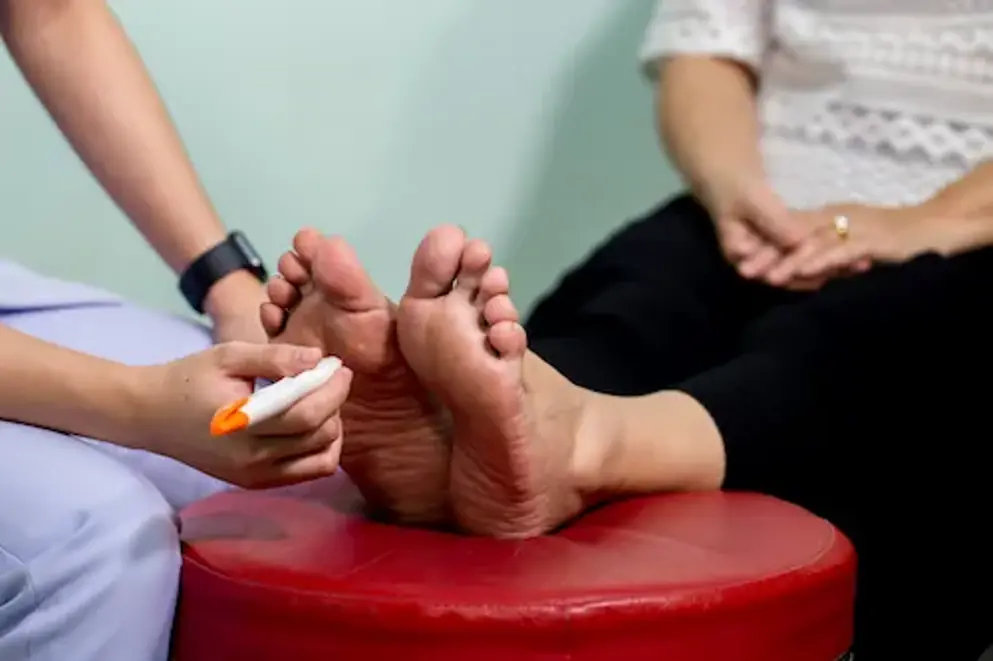
RAISE data support early zilucoplan use in gMG
By Litha Mfiki
A prespecified subgroup analysis of the RAISE trial has demonstrated that zilucoplan, a subcutaneous complement component 5 (C5) inhibitor, significantly improves clinical outcomes in patients with anti–acetylcholine receptor antibody-positive generalized myasthenia gravis (gMG) who have not previously received immunoglobulin or plasma exchange (PLEX).
“The efficacy and safety findings in this population may suggest early use of zilucoplan in the treatment paradigm after inadequate response to corticosteroids or NSISTs,” write Kimiaki Utsugisawa (Hanamaki General Hospital, Japan) and colleagues in the Journal of the Neurological Sciences.
Of the 174 adult patients with gMG in RAISE, 54 had no prior exposure to immunoglobulin or PLEX. This subgroup presented with milder disease (MGFA Class II, 39%) and shorter disease duration (mean 5.4 years) compared with those with prior immunoglobulin/PLEX (MGFA Class II, 23%; mean 10.9 years).
At week 12, patients without prior immunoglobulin/PLEX showed a mean reduction in Myasthenia Gravis Activities of Daily Living (MG-ADL) score of 4.22 with zilucoplan 0.3 mg/kg per day versus 2.61 with placebo. Quantitative Myasthenia Gravis (QMG) scores improved by 6.48 with zilucoplan versus 3.04 with placebo. These results were consistent with those observed in patients with prior immunoglobulin/PLEX (MG-ADL reduction, 4.93 vs 2.94; QMG reduction, 6.23 vs 3.51).
Responder rates at week 12 were high and comparable across subgroups. In patients without prior immunoglobulin/PLEX, 74.1% achieved a ≥3-point improvement in MG-ADL score, and 63.0% achieved a ≥5-point improvement in QMG score. These rates closely mirrored those in the prior-treatment subgroup (MG-ADL, 73.7%; QMG, 57.1%).
Zilucoplan was generally well tolerated. In the subgroup without prior immunoglobulin/PLEX, 69.0% experienced treatment-emergent adverse events (TEAEs), with only one treatment-related serious TEAE (aphthous ulceration). Two deaths occurred in this subgroup, caused by COVID-19 pneumonia and cerebral hemorrhage – neither was considered treatment-related by investigators.
Developed by EPG Health for Medthority, independently of any sponsor.



